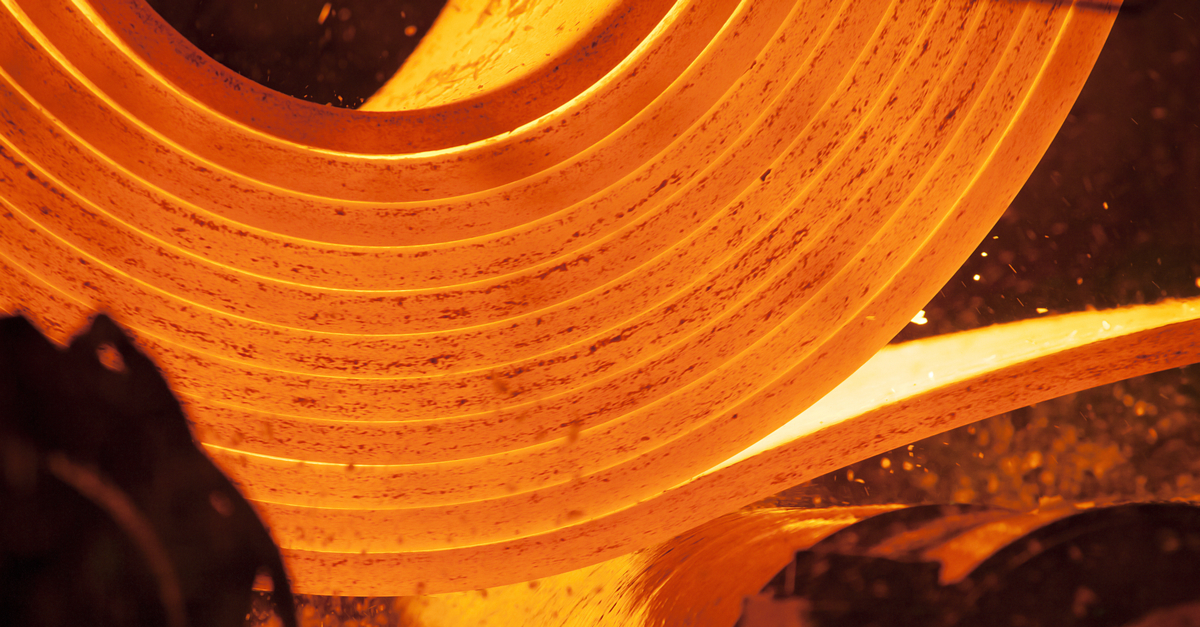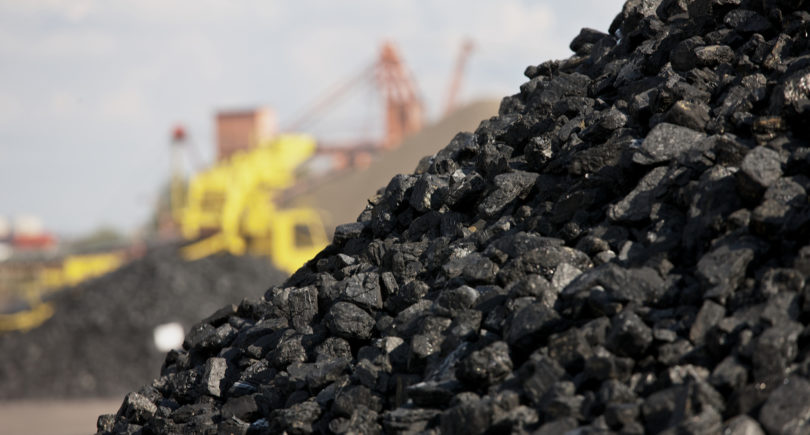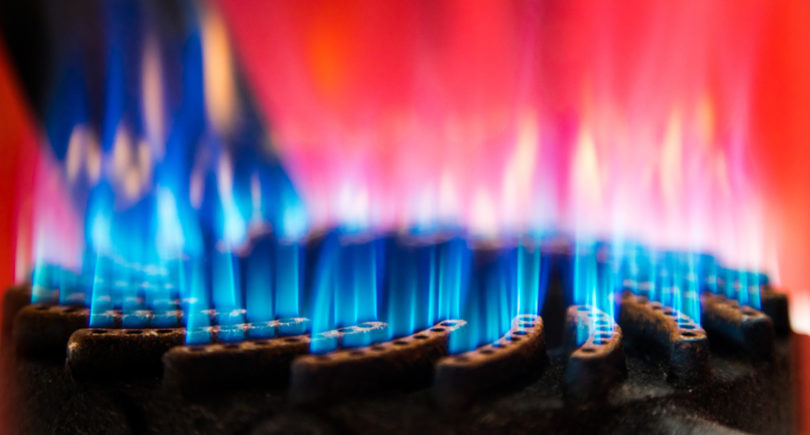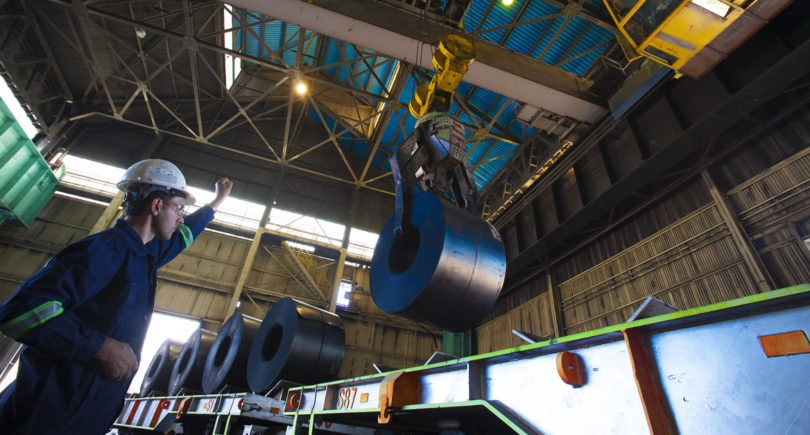
News Global Market CBAM 1858 05 December 2024
If the requirements of the mechanism are not relaxed, this will threaten steel consuming sectors
The Carbon Border Adjustment Mechanism (CBAM) and the system of protective quotas threaten the EU steel industry. Paolo Sangoi, President of Assofermet, the Italian association of scrap, raw materials and steel distributors, expressed this opinion at SteelOrbis.
According to him, while China’s aggressive exports and unrest in the Middle East are creating uncertainty, the renewable energy sector has found strong support from decarbonization efforts.
However, if the CBAM is not mitigated, there is a serious threat to sectors that have historically been the largest consumers of steel, such as the automotive, construction, machinery, and home appliances industries. In particular, the automotive industry has seen a 40 percent drop in steel consumption this year.
Regarding potential tariffs from the Trump administration, the president of Assofermet believes that the EU will apply financial sanctions in response, but this situation will harm the availability of raw materials. Steel producers may suspend production due to lower profitability, which will keep steel prices stable for the next two quarters.
However, Sangoi is convinced that aggressive measures such as protective quotas are weakening the steel sector, and that the manufacturing industry needs to be supported, not just the steel industry.
As GMK Center reported earlier, the entry into force of the European CBAM in 2026 will lead to losses for the Ukrainian economy, which is traditionally export-oriented. In 2026-2030, total export losses could exceed $4.6 billion (over 5 years), according to a recent study by GMK Center. Ukraine is joining a long-term European trend of green transition. However, it is important for the war-affected country’s economy to get an exemption from the CBAM.




